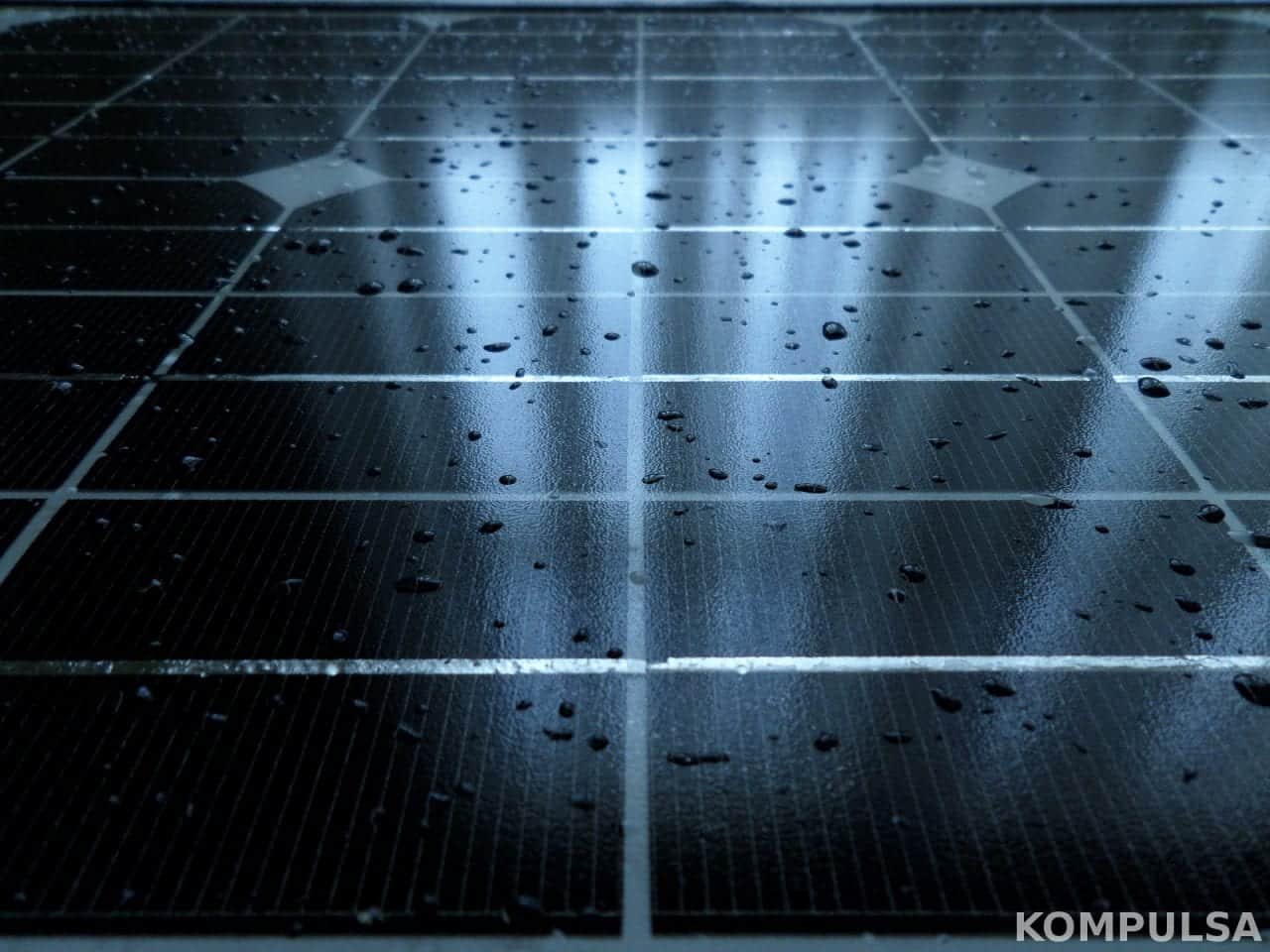Climate change has many potential implications, but one of the scariest possibilities could intensify them all, and catastrophically. It is thermal runaway.
Thermal runaway is defined as a situation in which heating causes conditions, or a domino effect (as I like to call it) which causes further heating.

Image obtained with thanks from Andy Tinkham on Flickr.
There are multiple thermal runaway scenarios to be mindful of:
Melting Permafrost
Permafrost is soil which is perennially (all year) frozen, and permafrost in Northeastern Sibera contains 75 times more carbon dioxide than the emissions caused by fossil fuel combustion annually. 75 years of CO2 is trapped in it, and it’s melting! After melting due to climate change, the CO2 will escape into the atmosphere and cause even more global warming [Source: University of Florida].
Additionally, according to the National Center For Atmospheric Research, 24% of the Northern Hemisphere is covered in permafrost, and a great deal of it is predicted to melt by the end of the 21st century [Source: National Center For Atmospheric Research].
Melting Snow And Ice
Snow, and sometimes ice, are white and reflective, climate change has been melting ice caps and snow in the cryosphere which have been reflecting sunlight back into space. Once melted, the areas once covered by this snow and ice absorb sunlight. When light is absorbed, it is converted into heat, which contributes to further warming.






